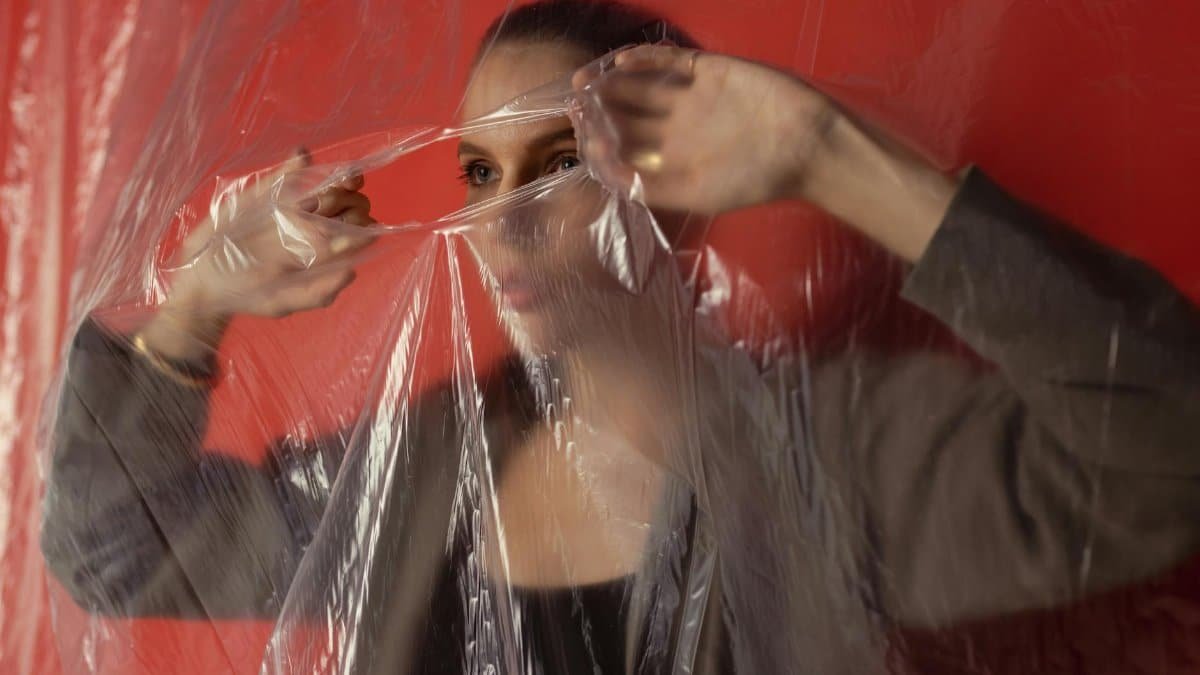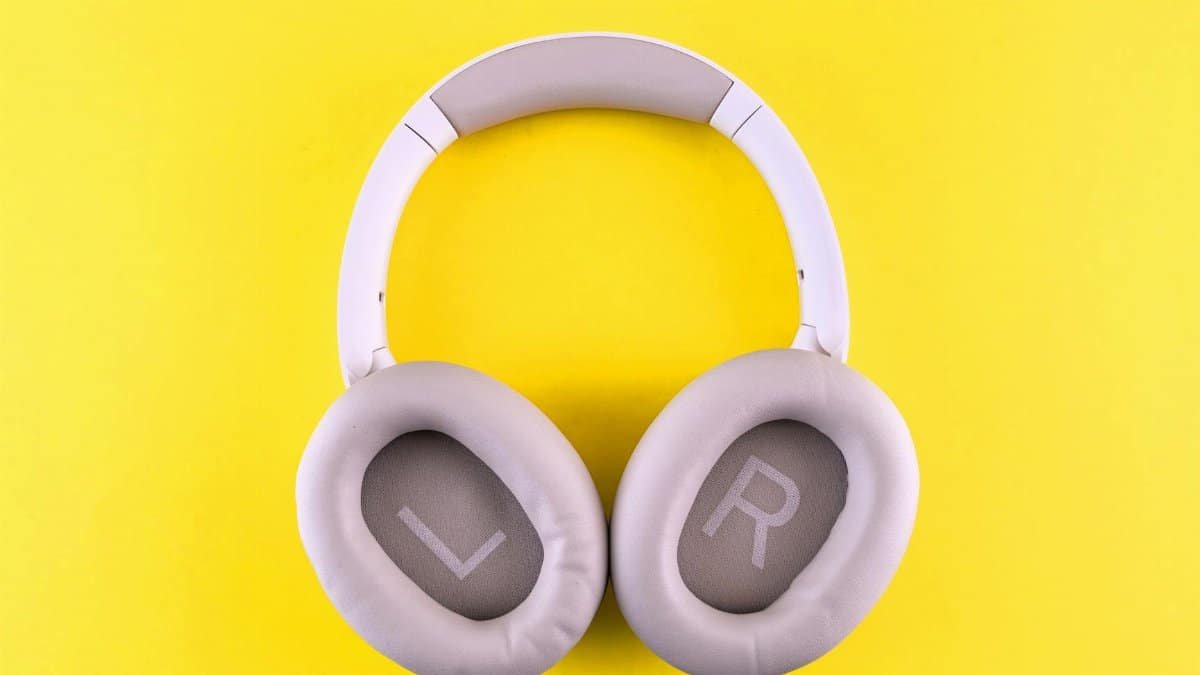Is Your Morning Scroll Killing Your Joy?

In a fast-paced world, many Americans kick off their day by grabbing their phones and diving into social media feeds. But this seemingly harmless habit might be the silent saboteur of your happiness. Experts say constant comparison to curated online lives breeds dissatisfaction and anxiety. Healing subconscious therapy, a method that taps into the mind’s deeper layers to rewire negative patterns, is gaining traction as a fix. According to recent surveys, over 40% of U.S. adults report feeling worse after social media sessions. This therapy, often involving guided hypnosis, helps users break free from the scroll trap and foster genuine contentment.
The Perils of Perfectionism

Chasing perfection sounds ambitious, but it often leads straight to burnout and self-doubt. In workplaces across the country, from New York offices to Seattle startups, employees push themselves to impossible standards, only to feel perpetually unfulfilled. A study from the American Psychological Association highlights how perfectionism correlates with higher rates of depression. Enter healing subconscious therapy: by addressing root beliefs formed in childhood, it reprograms the mind to embrace progress over flawlessness. Therapists report clients gaining resilience, with one Seattle practitioner noting a 30% improvement in stress levels after sessions.
Why Overthinking Ruins the Moment

Ruminating on past mistakes or future worries steals the present, a habit plaguing millions. Data from the National Institute of Mental Health shows anxiety disorders affect about 19% of U.S. adults annually. This mental loop sabotages happiness by amplifying negativity. Healing subconscious therapy counters this by accessing hidden thought patterns through relaxation techniques, allowing individuals to release overthinking. In 2025, with rising mental health awareness, more people in cities like Seattle are turning to these methods for calmer days. Real results include better sleep and improved focus, as users learn to live in the now.
The Trap of People-Pleasing

Saying yes to everything to keep others happy often means saying no to your own needs. This habit erodes self-worth and builds resentment over time. A report from American Psychological Association’s Stress Resources links chronic people-pleasing to elevated stress and lower life satisfaction. Healing subconscious therapy digs into the subconscious drivers, like fear of rejection, helping reframe boundaries. Practitioners in the Pacific Northwest, where wellness trends boom, see clients reclaiming their joy by prioritizing personal well-being through targeted sessions.
Neglecting Self-Care in a Busy Life

Skipping workouts, healthy meals, or downtime because life feels too hectic is a common pitfall. Yet, this neglect directly undermines emotional stability. The Centers for Disease Control and Prevention notes that poor self-care contributes to widespread fatigue and mood issues among Americans. Healing subconscious therapy promotes lasting change by embedding positive routines at a deeper level, beyond surface motivation. In 2025, as remote work persists, therapy apps and virtual sessions make it easier to integrate. Users report sustained energy and happiness, transforming oversight into intentional habits.
The Dangers of Holding Grudges

Clinging to old hurts poisons current relationships and inner peace. Research from Harvard Medical School indicates that unresolved anger increases risks for heart disease and mental health struggles. This habit sabotages happiness by fostering bitterness. Healing subconscious therapy facilitates forgiveness by exploring subconscious blocks, often through visualization exercises. In communities like Seattle, where mindfulness practices thrive, therapists use these tools to help clients let go. Outcomes include lighter emotional loads and stronger connections, proving grudges are optional baggage.
Procrastination’s Hidden Costs

Putting off tasks creates a cycle of guilt and rushed efforts, dimming overall satisfaction. A survey by the Pew Research Center reveals that procrastination affects productivity for nearly 25% of workers. It stems from subconscious fears of failure. Healing subconscious therapy addresses these roots, building momentum through affirmative suggestions. As 2025 brings new productivity tools, combining them with therapy yields breakthroughs. Clients experience reduced anxiety and a sense of accomplishment, turning delays into decisive action.
Over-Reliance on Comfort Zones

Sticking to the familiar avoids growth, leading to stagnation and regret. The National Institutes of Health discusses how avoiding challenges limits brain plasticity and happiness. Healing subconscious therapy expands comfort zones by reprogramming limiting beliefs. In innovative hubs like Seattle, this approach empowers people to pursue passions. Therapists cite cases where clients, post-therapy, tackle new ventures with enthusiasm. The result? A more vibrant, fulfilling life free from self-imposed barriers.
Breaking Free with Professional Help

Recognizing these habits is the first step, but overcoming them often requires expert guidance. Healing subconscious therapy, akin to hypnotherapy, is spotlighted in a comprehensive overview from National Institute of Mental Health’s Mental Health Resources, showing promise for behavioral change. In 2025, accessibility via online platforms surges, making it a go-to for busy professionals. Success stories abound, with individuals reporting profound shifts in happiness and resilience. If strange habits are dimming your light, this therapy could be the reset you need.
